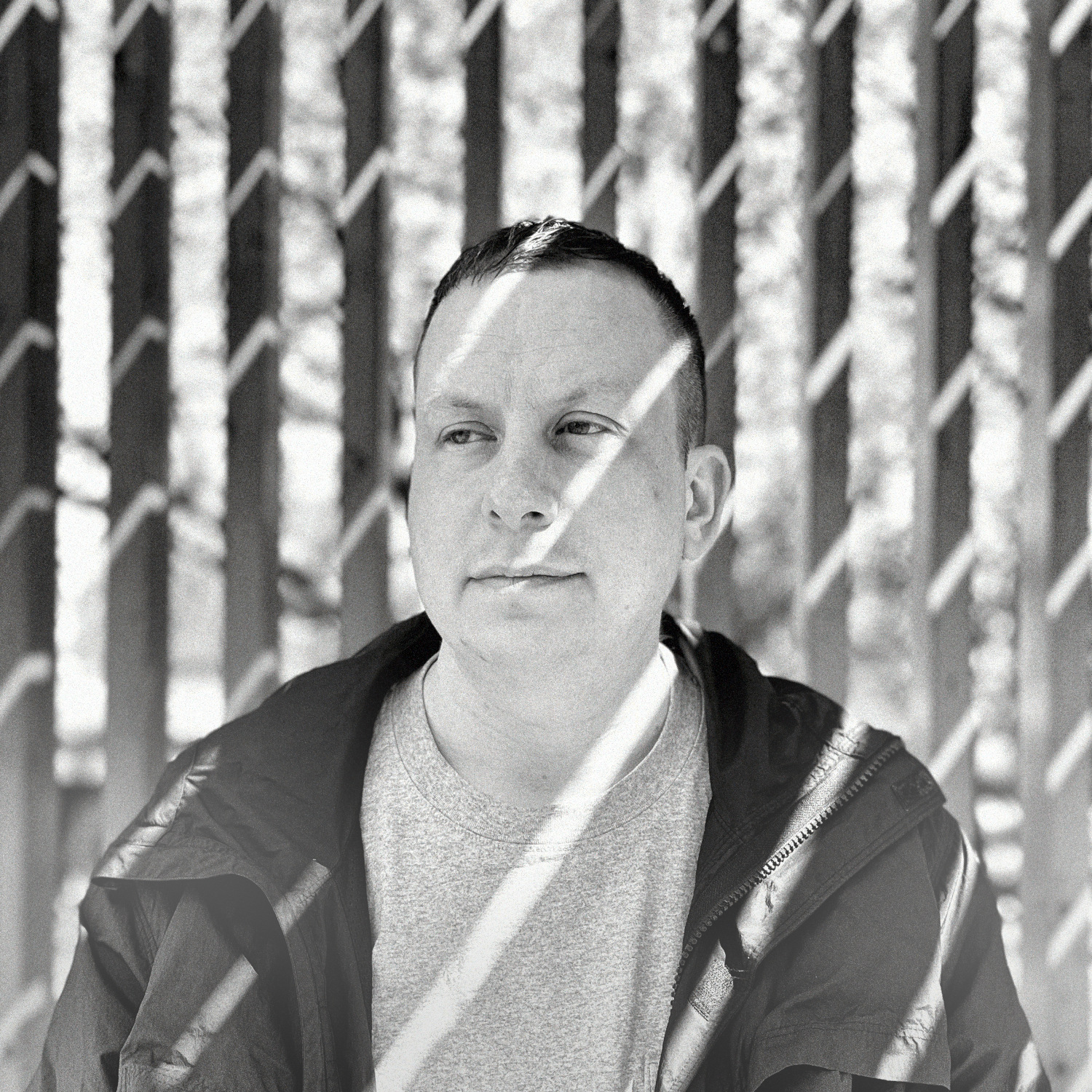

Ludvig Elblaus is an artist and researcher working primarily with computational materials to create electroacoustic music, as well as audio-visual installations, museum exhibits, and contributions to larger collaborative works in several traditions, e.g. opera, theatre, and dance.
His artistic practice explores chaos, dynamical systems, modelling as an artistic practice, ecological attitudes, site-specificity, emergence, extended temporal structures and deep listening.
Elblaus is based in Stockholm, Sweden, where he teaches at the Royal College of Music in the Bachelor and Master programmes in Electroacoustic Music Composition, as well as the Artistic Interdisciplinary Master programme.
He got his PhD in Sound and Music Computing in 2018 at the KTH Royal Institute of Technology in Stockholm with the thesis Crafting experience: Designing digital musical instruments for long-term use in artistic practice.
His latest projects include commissions for the GRM Acousmonium, the Labor Sonor Festival, the Elevate Festival, and performances in Stockholm, Cairo, Vienna, Paris, Zurich and Graz.
In 2022 he was composer in residence at the Institute for Electronic Music and Acoustics in Graz and in 2023 he worked in the Moving Loudspeakers Artistic Residency at the Institute for Computer Music and Sound Technology at ZHdK.
In addition to his solo work, he has been involved in several long-term collaborative projects. Some notable examples are the electro-acoustic improvisation ensemble The Schematics (with Erik Calälv, Katt Hernandez, and Daniel M. Karlsson), the networked music project End of Text (ETX) (with Luc Döbereiner), a musical composition collaboration with Rune Rebne, and the musical and artistic research duo utrumque (with Gerhard Eckel).